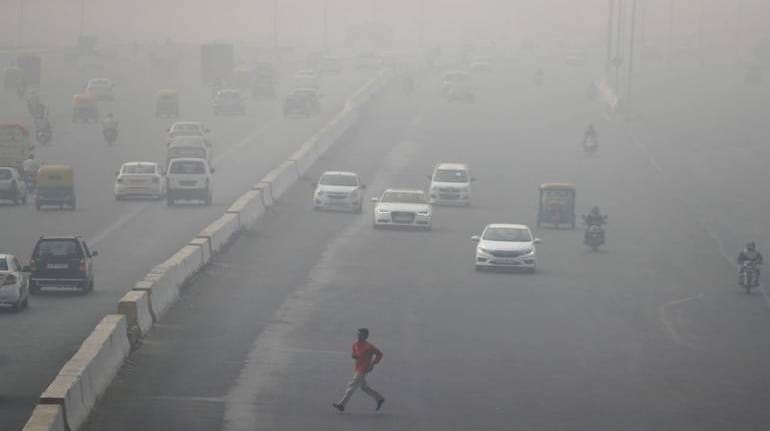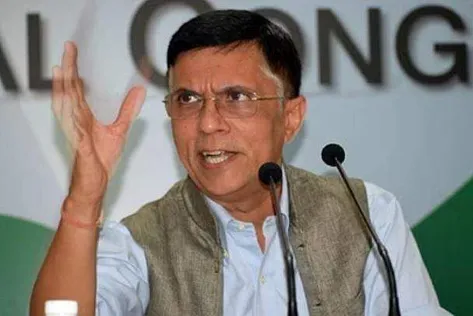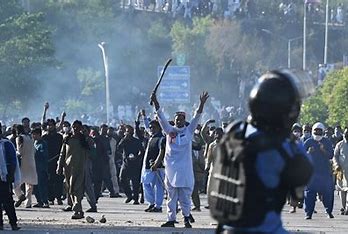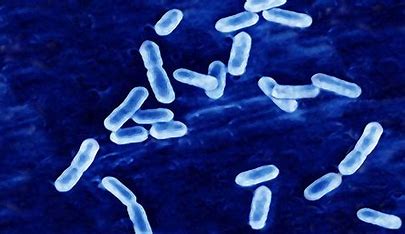
Air pollution in Delhi has worsened due to unfavourable meteorological conditions, with a lack of immediate relief in sight. At 8 am, on Tuesday, the capital›s air quality index, based on data from nine out of 40 monitoring stations, stood at 363, categorized as ‹very poor.›
The Central Pollution Control Board›s Sameer mobile application noted that the remaining monitoring stations did not generate sufficient data for indexing.
Despite rainfall providing some relief, Delhi experienced a surge in pollution levels on Monday, marked by a return of smoky haze following violations of the firecracker ban on Diwali night. According to IQAir, a Swiss air quality monitoring company, Delhi ranked as the most polluted city globally on Monday, followed by Lahore and Karachi in Pakistan. Mumbai and Kolkata secured the fifth and sixth positions among the world›s most polluted cities, respectively.
While Delhi recorded its best air quality on Diwali day in eight years, with an average Air Quality Index (AQI) of 218 on Sunday, the late-night bursting of firecrackers led to increased pollution levels amid low temperatures. The AQI rose from 275 at 7 am on Monday to 358 by 4 pm.
An official from the Commission for Air Quality Management (CAQM) attributed the post-Diwali spike in pollution to firecrackers and agricultural fires, with fireworks being the predominant factor. Concentrations of PM2.5, a fine particulate matter harmful to the respiratory system, exceeded the safe limit in many areas. Cities across India witnessed a rapid increase in air pollution levels post-Diwali, as indicated by the AQI data.
The CAQM official stated that stringent measures, including a ban on construction work and the entry of polluting trucks, under the Graded Response Action Plan (GRAP), will persist until further orders. The official expressed concern about rising stubble burning incidents and unfavorable meteorological conditions, indicating a need for ongoing assessment and action.















